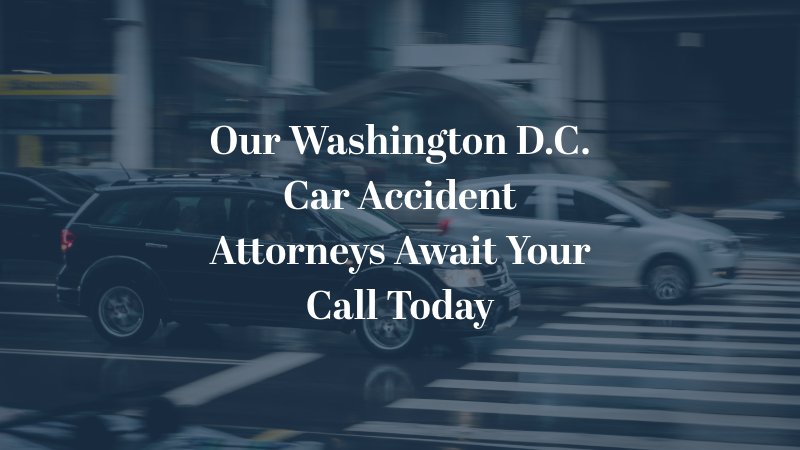After an accident, many people wonder what happens if they might have been partially responsible for the accident. In Washington, DC, the rules for filing claims can be strict when it comes to sharing fault. It helps to know how even a small amount of blame can change your Washington DC car accident case.
Contributory Negligence in Washington DC
Contributory negligence is a legal rule in Washington DC that makes it harder for injury victims to get compensation if they are even a little bit at fault. Under this rule, if a person hurt in an accident is found to share any blame – even just 1% – they usually cannot collect damages from the other party at all. That can come as a surprise since most other states weigh fault and only reduce the amount of money someone receives, rather than blocking them out completely.
Imagine you are hit by a car while crossing the street. If you stepped off the curb before the walk signal turned on, even if the driver was speeding and ran through a red light, a court could find you a small part responsible. If the court says you were 5% at fault, you would not get any compensation for your injuries under Washington DC’s normal contributory negligence law.
Exceptions For Vulnerable Road Users
Washington DC has made laws to help protect “vulnerable road users” from being barred by this strict contributory negligence rule. These are people who are likely to be hurt the most in a crash because they’re not inside cars or trucks. If you walk, ride a bicycle, dirt bike, skate, use an electric scooter, or drive a motorcycle, you’re considered a vulnerable road users.
“(13) “Vulnerable user” means an individual using an all-terrain vehicle, bicycle, dirt bike, electric mobility device, motorcycle, motorized bicycle, motor-driven cycle, non-motorized scooter, personal mobility device, skateboard, or other similar device.”.
Vulnerable road users have more rights after a crash that they were partially responsible for. Instead of contributory negligence, accidents involving these road users are governed by modified comparative negligence.
As long as you were less than 51 percent responsible for what happened, you can still recover compensation.
- 50–2204.52. Contributory negligence limitation.
(a) Unless the plaintiff’s negligence is a proximate cause of the plaintiff’s injury and greater than the aggregated total negligence of all the defendants that proximately caused the plaintiff’s injury, the negligence of the following shall not bar the plaintiff’s recovery in any civil action in which the plaintiff is one of the following:
(1) A pedestrian or vulnerable user of a public highway or sidewalk involved in a collision with a motor vehicle or another vulnerable user; or
(2) A vulnerable user of a public highway or sidewalk involved in a collision with a pedestrian.
However, whatever your percentage of fault is, your compensation will be reduced by that.
The Importance of Working With a Lawyer if You’re Partially At Fault
If you’ve been in an accident where you might share some blame, having a proven DC personal injury lawyer on your side makes a huge difference. Here’s why it’s so important:
Gathering Evidence
When shared fault is alleged, proving what really happened is critical so you can show you weren’t responsible for the accident. A DC accident lawyer knows what evidence to look for, like police reports, video footage, and witnesses. This work can make a difference in who ends up being blamed and how much you get paid.
Valuing Your Claim
Knowing how much money to ask for isn’t always straightforward when you’re partly to blame. Our Washington DC car accident attorney can value not just your medical costs, but also the pain you suffered, missed work, repairs, and more. This careful look at your losses can stop you from missing out on fair compensation.
Preventing Insurance Companies From Taking Advantage of You
Insurance companies often use partial fault to offer much less than what your claim deserves. Without a car or truck accident lawyer in Washington DC, they may use your words against you or twist the story. With a lawyer, there’s someone to protect your rights and talk for you, making sure the insurance company treats you fairly. Working with a lawyer ensures your side of the story is heard and protects you as much as possible.
If you want to learn more about your possible claim, contact our legal team today to schedule your free, confidential case evaluation.
